Former Arkansas Gov. Mike Huckabee is plotting a route to the Republican presidential nomination that could easily be mistaken for the sports bracket of a Southeastern Conference super fan.
As he seeks to avoid a repeat of the spectacular flameout of his 2008 run, Huckabee is pinning his hopes on the 11 contiguous states that run from Florida to Missouri and Texas to South Carolina. His advisers and allies call it “the SEC strategy,” for the college sports conference that tracks the same map.
The former Fox News host is expected to formally launch his campaign Tuesday in his birthplace of Hope, Ark., where the campaign has reserved the largest venue in the county, which seats 1,600. He will jet from the announcement inside Hempstead Hall on the campus of the local community college to New York for interviews with Fox and other news outlets.
Huckabee’s future campaign strategy will build on his previous success, while adding new sources of funding the avoid the missteps of 2008. From the sidelines, his supporters at a super PAC are taking odds that their unlimited cash can help him claim what he fumbled in 2008: the GOP nomination. At the campaign, Huckabee plans to focus on southern states, which are likely to vote for a nominee just a few weeks after the Iowa caucuses. In eight of the 11 states in the SEC, he won 30 percent of the vote during his 2008 campaign.
The strategy is also a nod to the rules of the primary. Although the states’ schedules are still coming together, Alabama, Arkansas, Georgia, Mississippi and Tennessee are all eyeing March 1, 2016, nominating contests, which means Huckabee has a chance to strike a decisive blow. If they stick to that date, those states will also be allowed award delegates proportionally, allowing Huckabee to rack up support even if he doesn’t come in first.
Read more: Ben Carson: The GOP’s Accidental Candidate for President
Still, Huckabee’s team says the strategy doesn’t mean they’re writing off the rest of the country. “We’re not looking at a state and saying, ‘That’s a win,’ or ‘That’s a loss,'” said J. Hogan Gidley, a longtime Huckabee aide who is now a senior adviser to his likely campaign. “We’re confident that he will play well in a lot of states.” In 2008, Huckabee tried to play in every state, following his win in Iowa with disappointing showings in Michigan and New Hampshire. In retrospect, his advisers said they wished they had bypassed Michigan to focus on campaigning in South Carolina, where he narrowly lost to John McCain.
Still, Huckabee faces some challenges. The electorate has changed, he is no longer the upstart fresh face, and he is not running against Sen. John McCain, the Arizona Republican whom many in the party’s base found unacceptable.
Plus, Huckabee faces the same challenges he had during his 2008 campaign: an uphill fight against better-funded rivals; a party establishment that eyes his evangelical views as useful at turning out base voters but off-putting to moderates; and a pronounced lag behind competitors who have better mastery of the technical aspects of modern campaigns.
He’s even added a few more hurdles: he lacks the newcomer sheen that helped him win Iowa’s lead-off caucuses and come in second in the race for delegates to the party’s nominating convention; he spoke regularly about his deeply conservative views on his now-ended daily radio program and weekly Fox News Channel program; he has traded in his optimism for a more dire view of America’s future.
The change can be best seen in his book titles, which went from aspirational (“From Hope to Higher Ground: 12 Steps to Restoring America’s Greatness”) to confrontational (“God, Guns, Grits and Gravy”).
In short: Huckabee’s pathway to the nomination is going to be tough — but, his strategists earnestly insist, not impossible. Part of their bet is that other, newer faces might stumble under increased scrutiny. Sens. Ted Cruz of Texas, Marco Rubio of Florida and Rand Paul of Kentucky are in their first terms in the Senate. Former Florida Gov. Jeb Bush is running his first campaign since 2002 and is rusty. And New Jersey Gov. Chris Christie cannot shake questions about a home-state bridge scandal or his fiery temperament.
Read more: Marco Rubio Waits for His Moment
“The electorate is going to be clamoring for a candidate who can communicate the Republican message without turning off voters,” said Gidley, Huckabee’s communications adviser. “You’re not going to vote for someone you don’t like.”
Part of the Huckabee strategy also hinges on the existence of an outside super PAC, an independent organization that can raise and spend unlimited cash to help Huckabee’s presidential hopes.
Iowa-based operative Nick Ryan is leading a group called Pursuing America’s Greatness. It registered in March with the Federal Election Commission and is using a Little Rock mailing address.
Ryan is no stranger to the world of outside spending. He ran a similar effort for former Sen. Rick Santorum’s unsuccessful presidential campaign in 2012 and the pro-Santorum Red, White and Blue Fund was predominantly paid for by three major donors. Ryan has also helped the separate American Future Fund to spend tens of millions of dollars to help conservative candidates.
“I’m very proud to be on this team. I think Gov. Huckabee is the best communicator that we have in the Republican Party, the most likeable likely candidate,” Ryan said in a phone interview. “We desperately need to put forward a new face that can convey a positive, forward-looking vision for the future of our country.”
He declined to provide specific fundraising goals.
Huckabee has also been working to keep in touch with a network of pastors who helped him build early momentum that eventually petered out under financial pressures. He is a frequent caller to allies in Iowa and South Carolina in the eight years since and has wooed evangelical leaders who have tremendous sway in Iowa and Southern states.
His most recent book focused heavily on what divides Americans and the cultural differences between elites in place like New York and more homespun folks he grew up with. It was a call-to-arms for social conservatives.
To that end, he’s returning to his roots with a Tuesday kickoff that embraces his small-town roots in a place that has already yielded one White House winner. Bill Clinton, a decade older than Huckabee, was the first. “Give Hope a second chance,” Huckabee joked during his 2008 run.
Now, Huckabee is hoping Republican voters give him one, too.
See the 2016 Candidates Looking Very Presidential
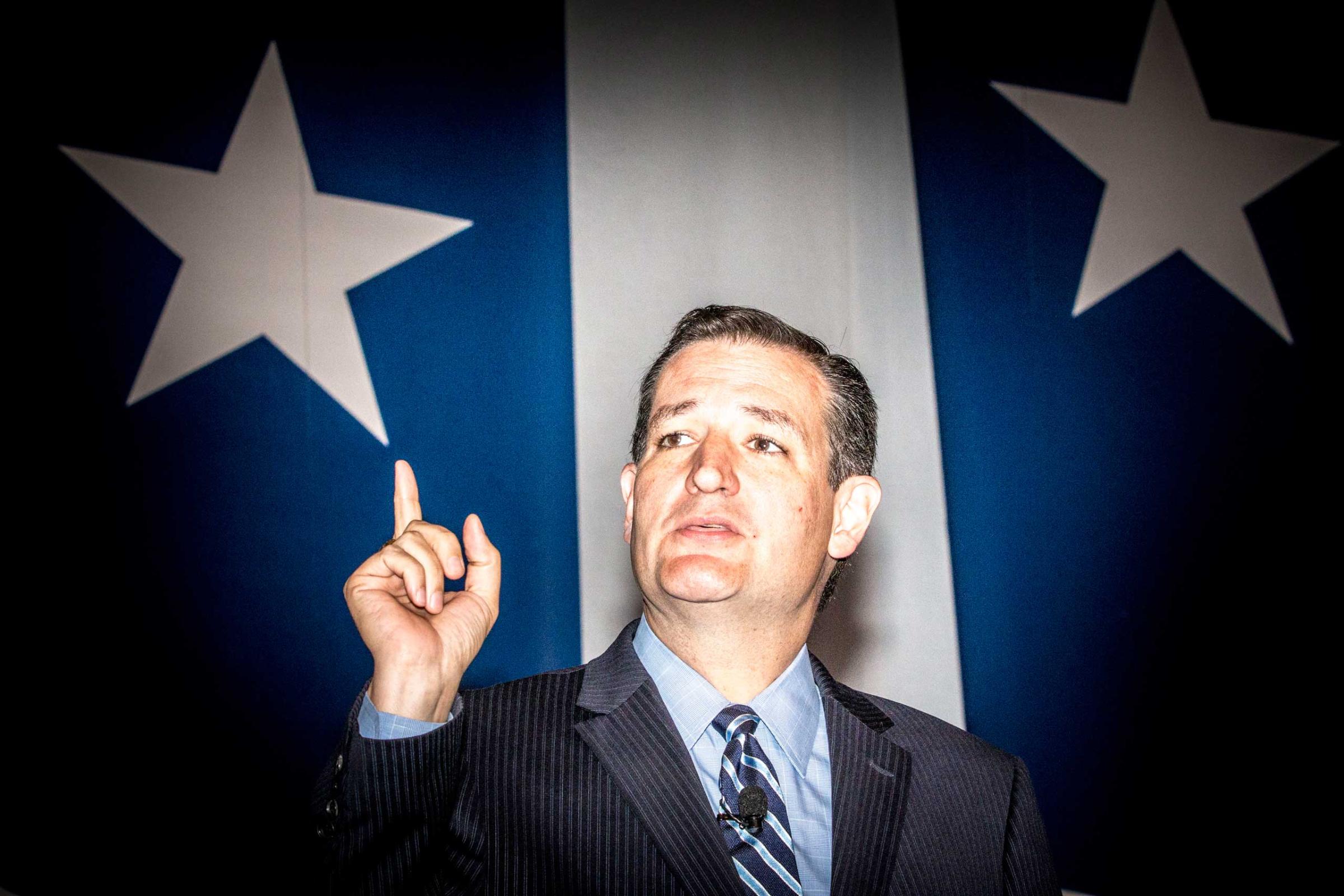
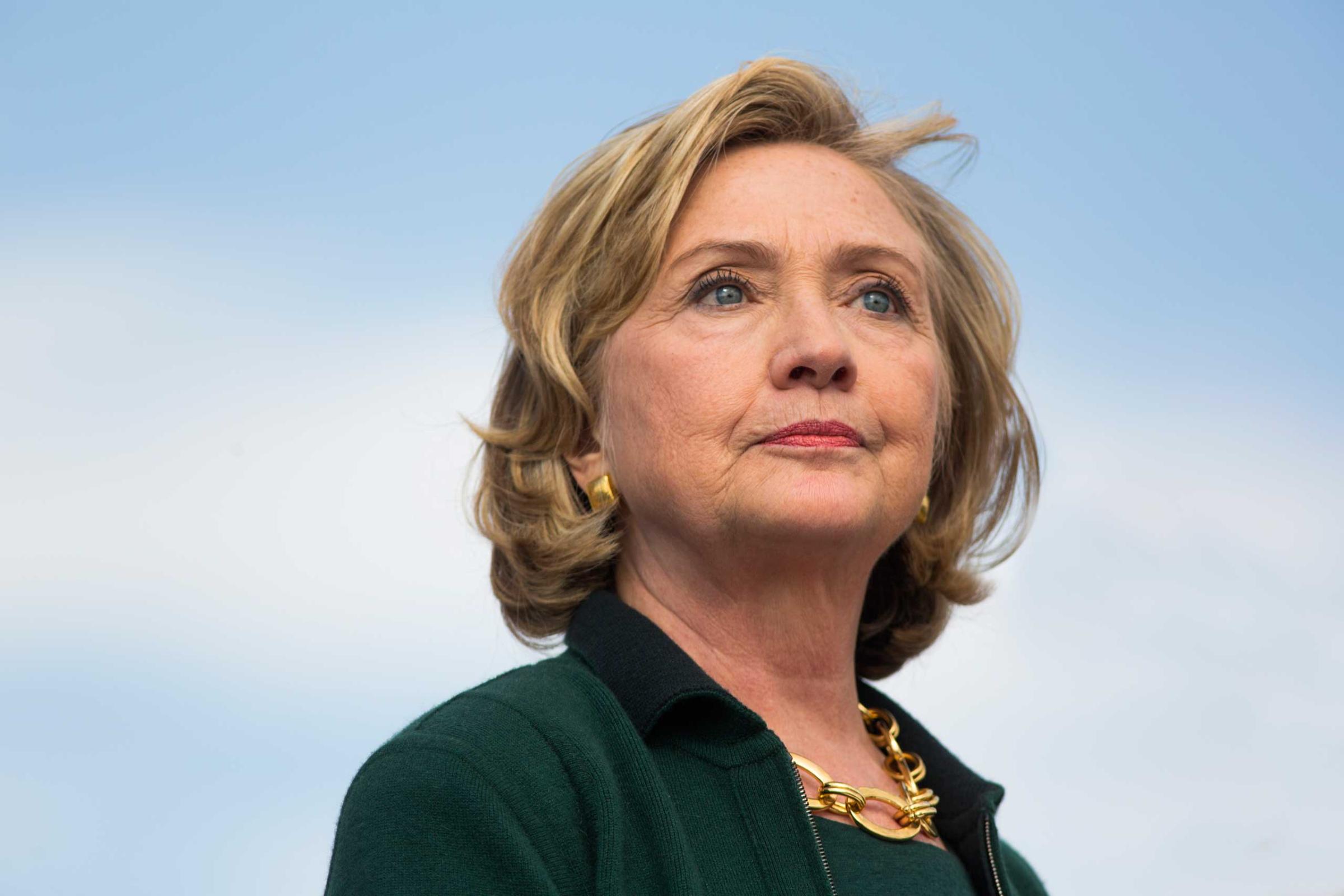
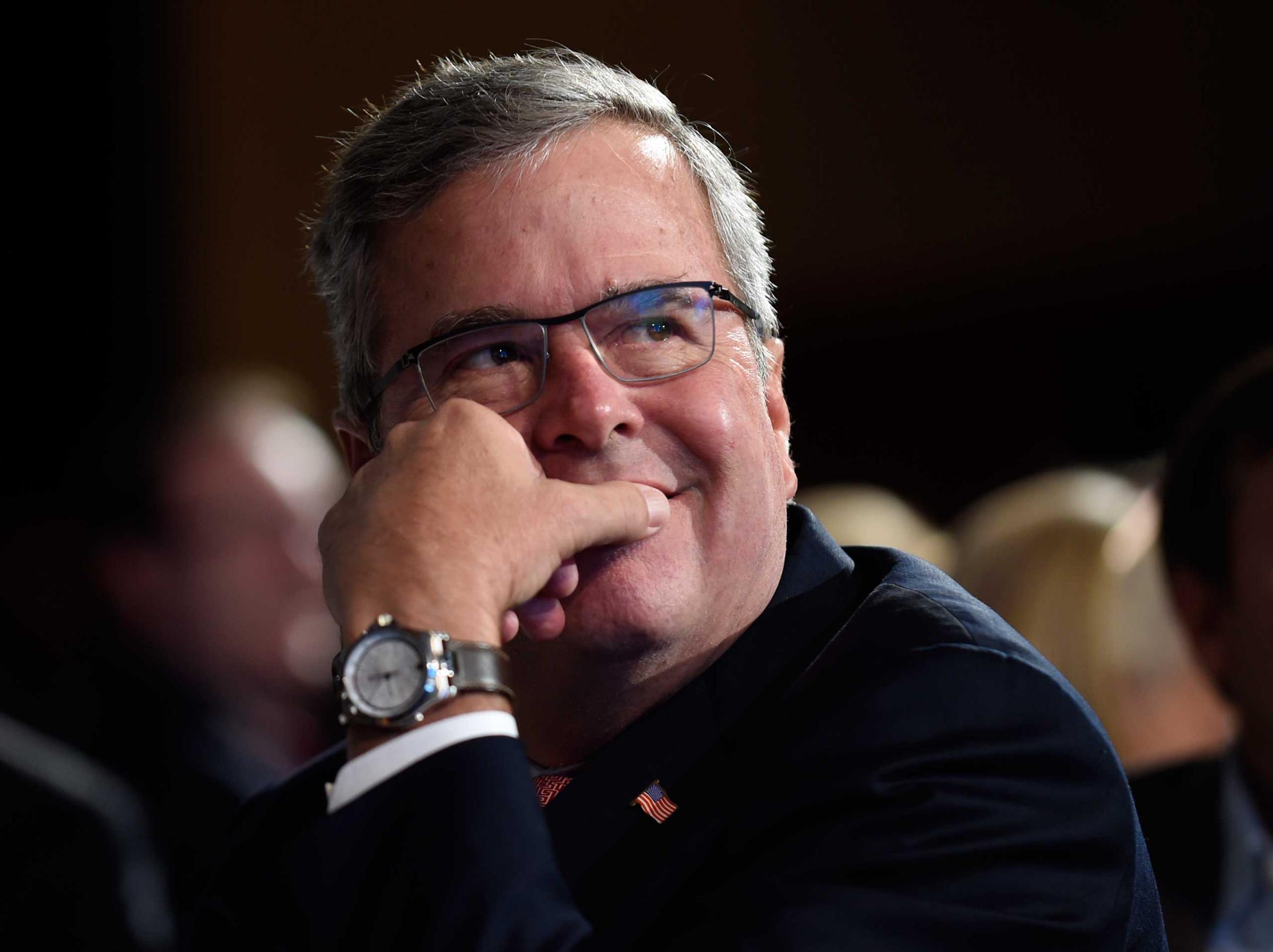
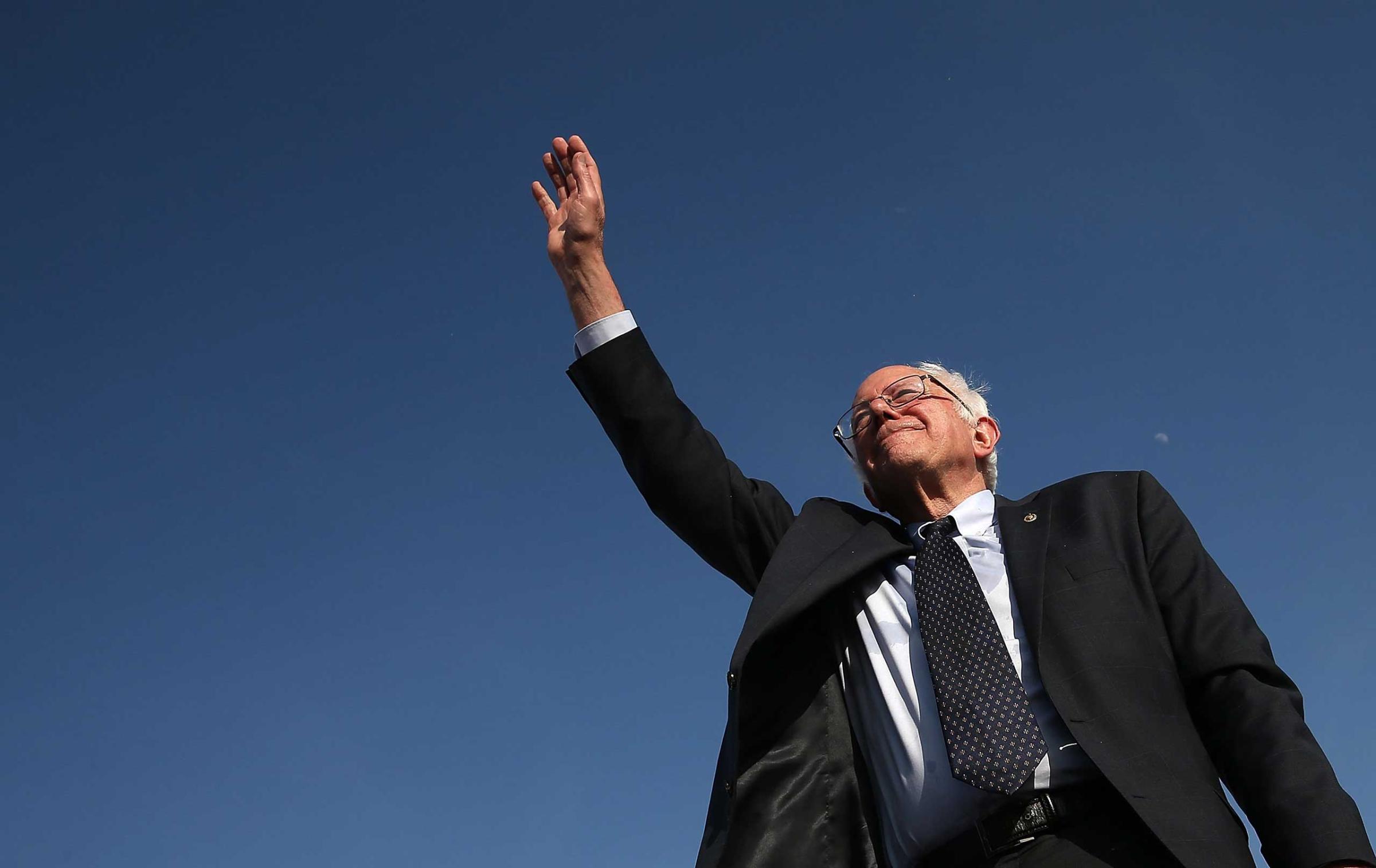
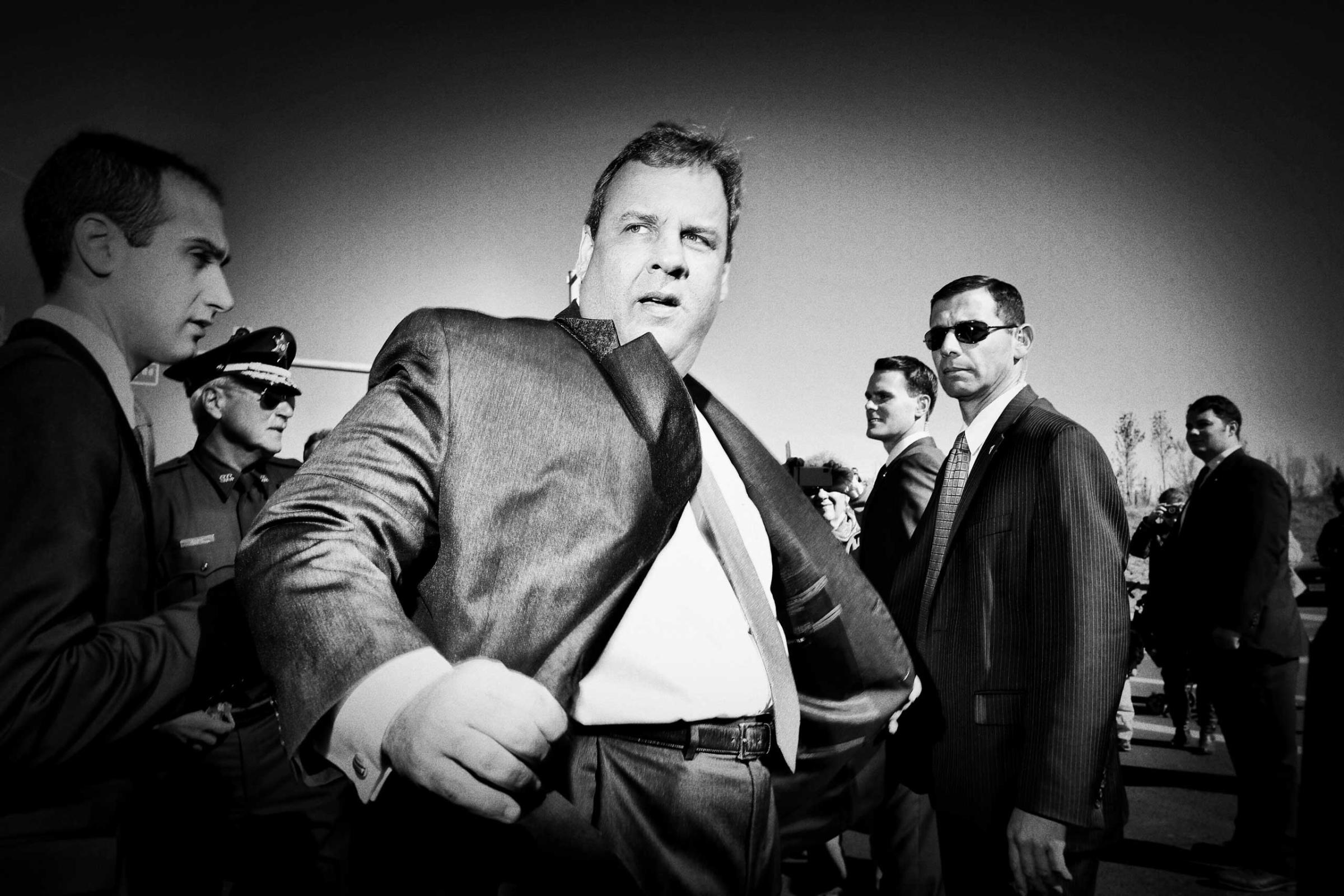
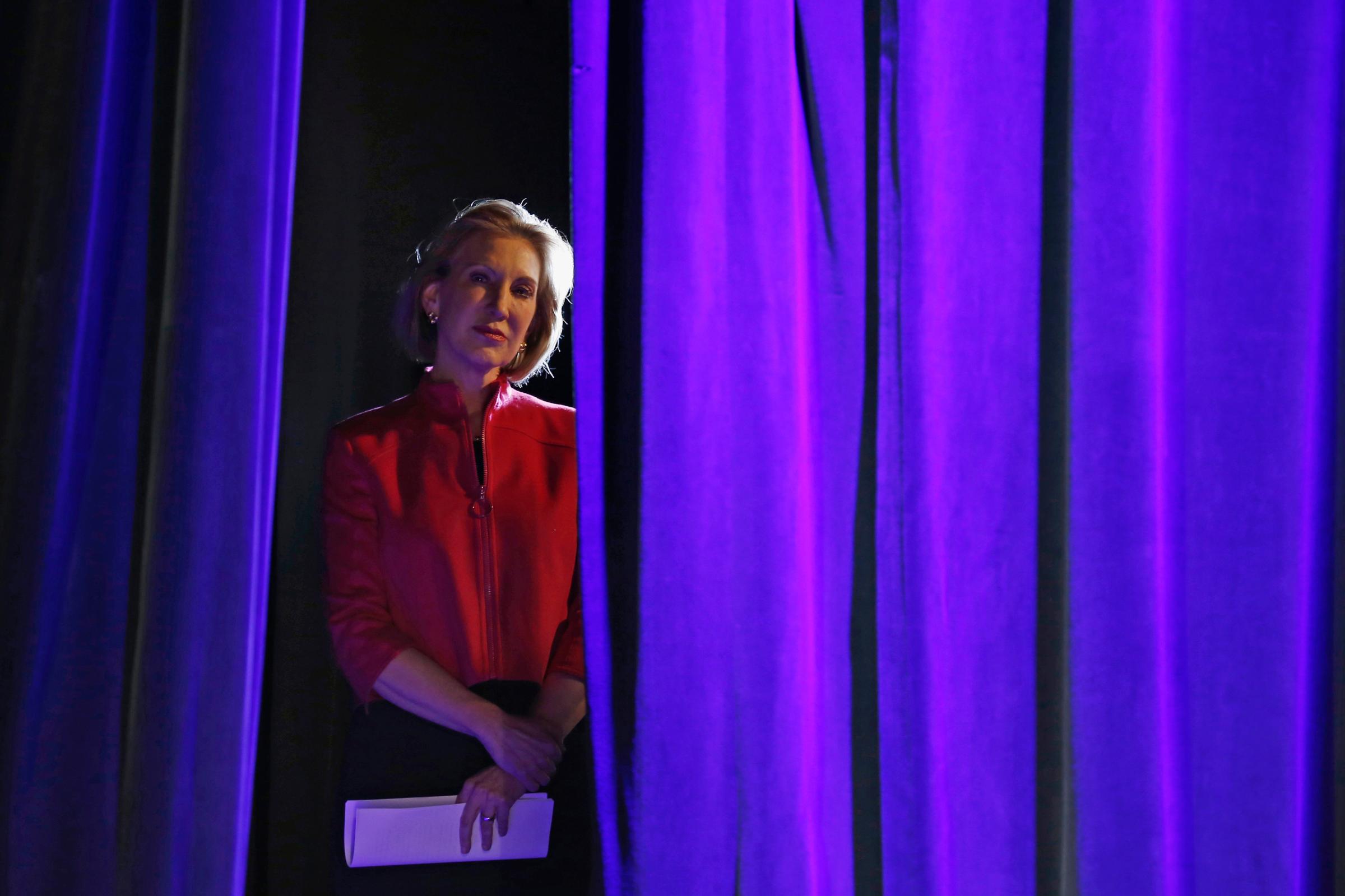
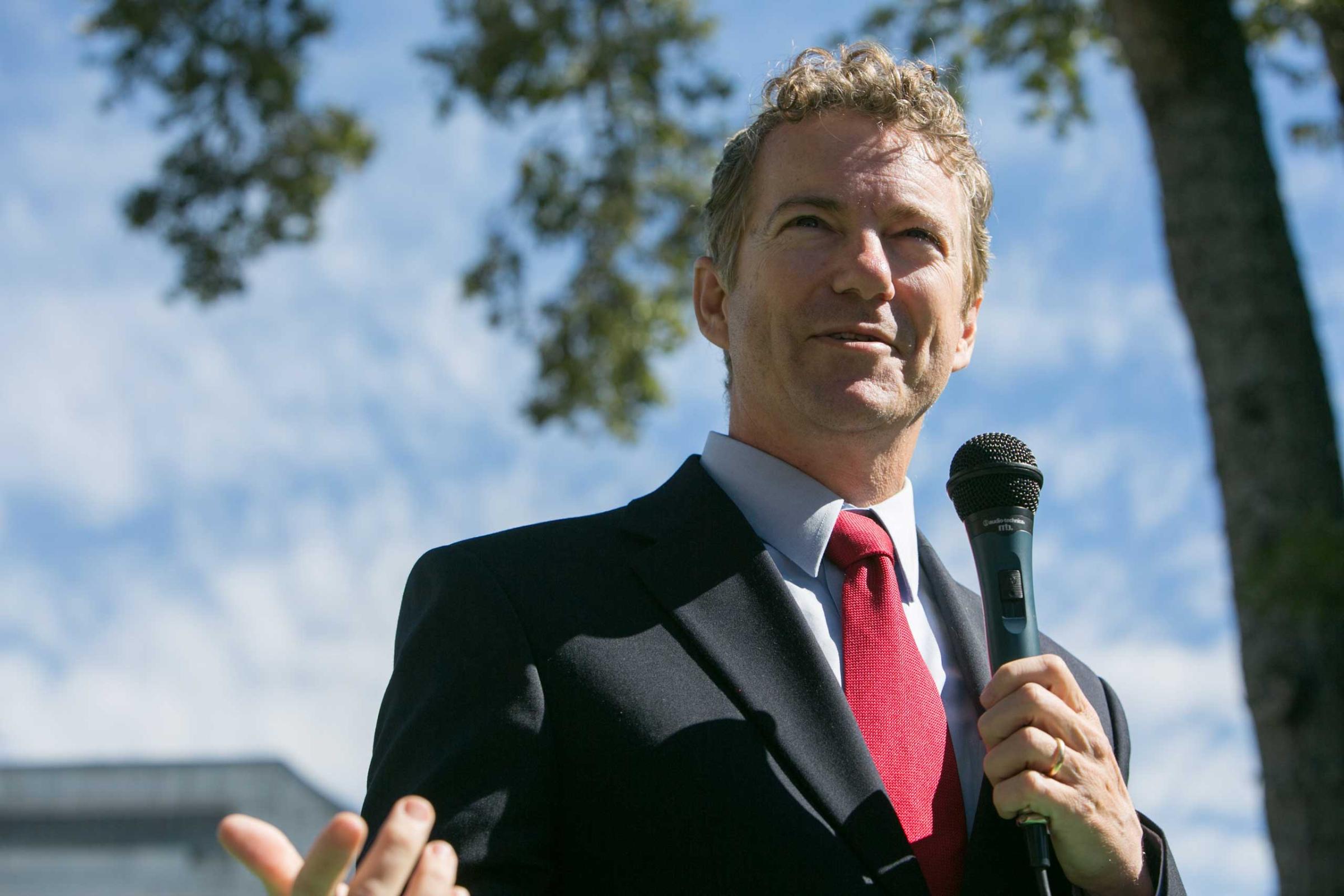
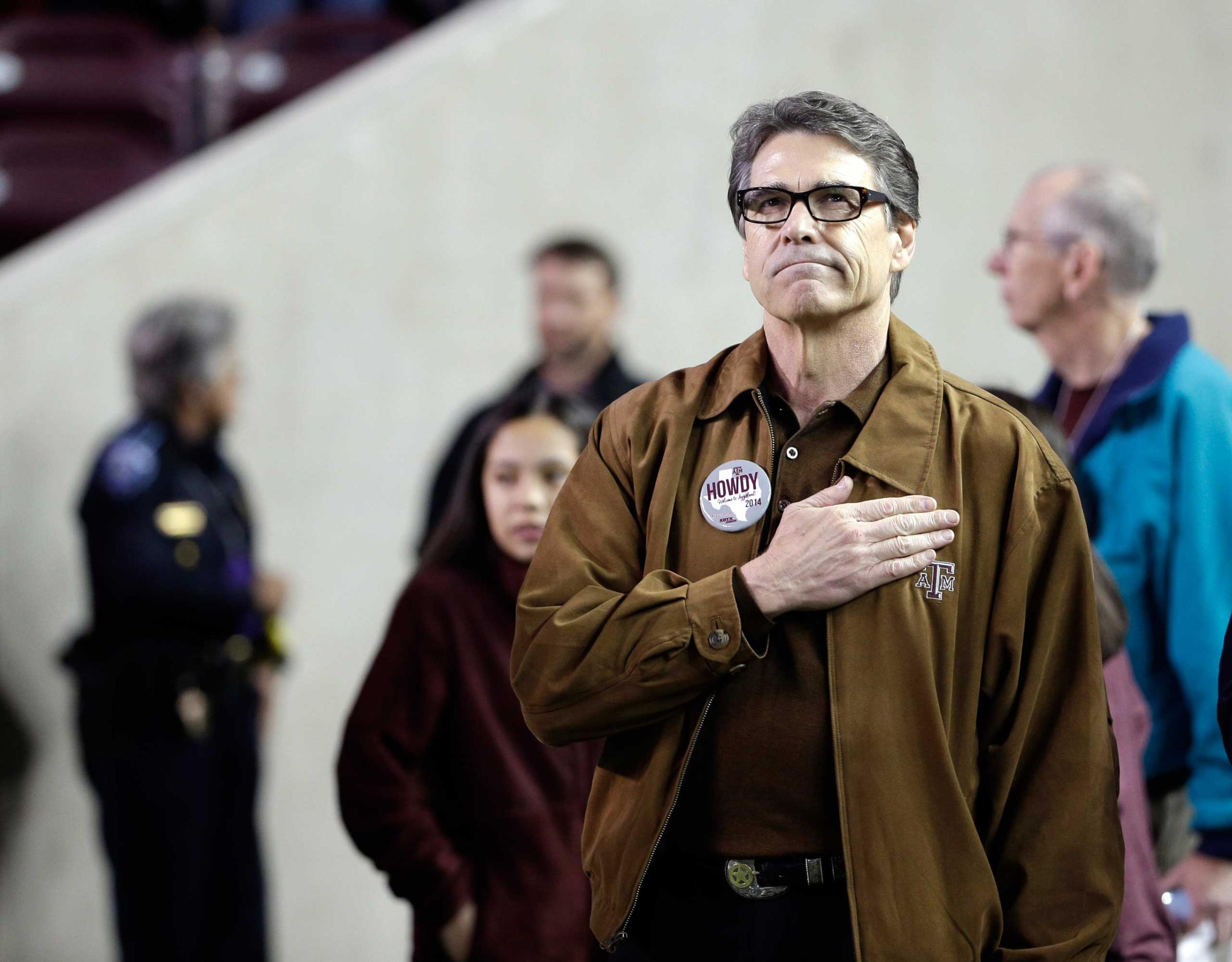
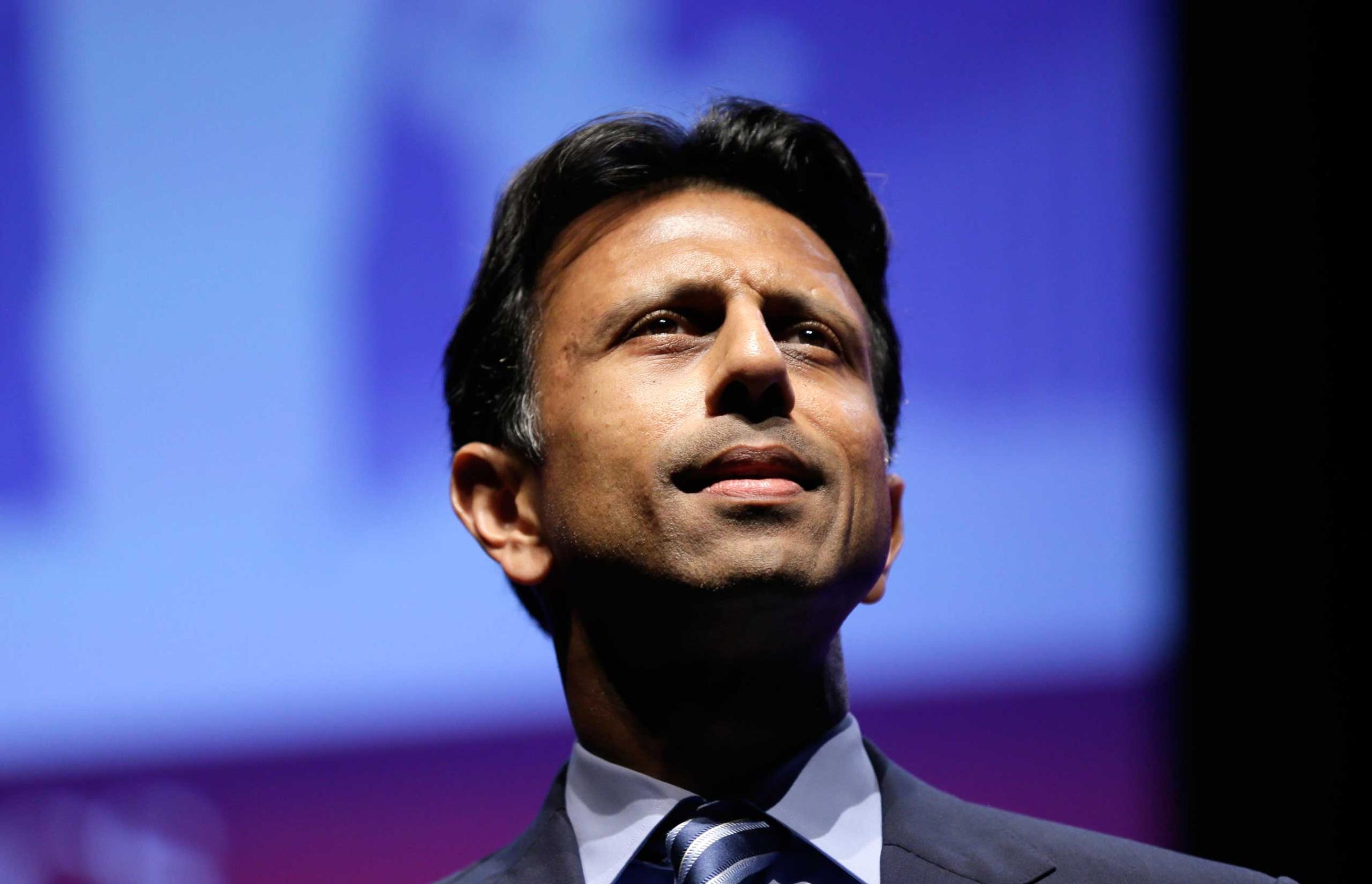
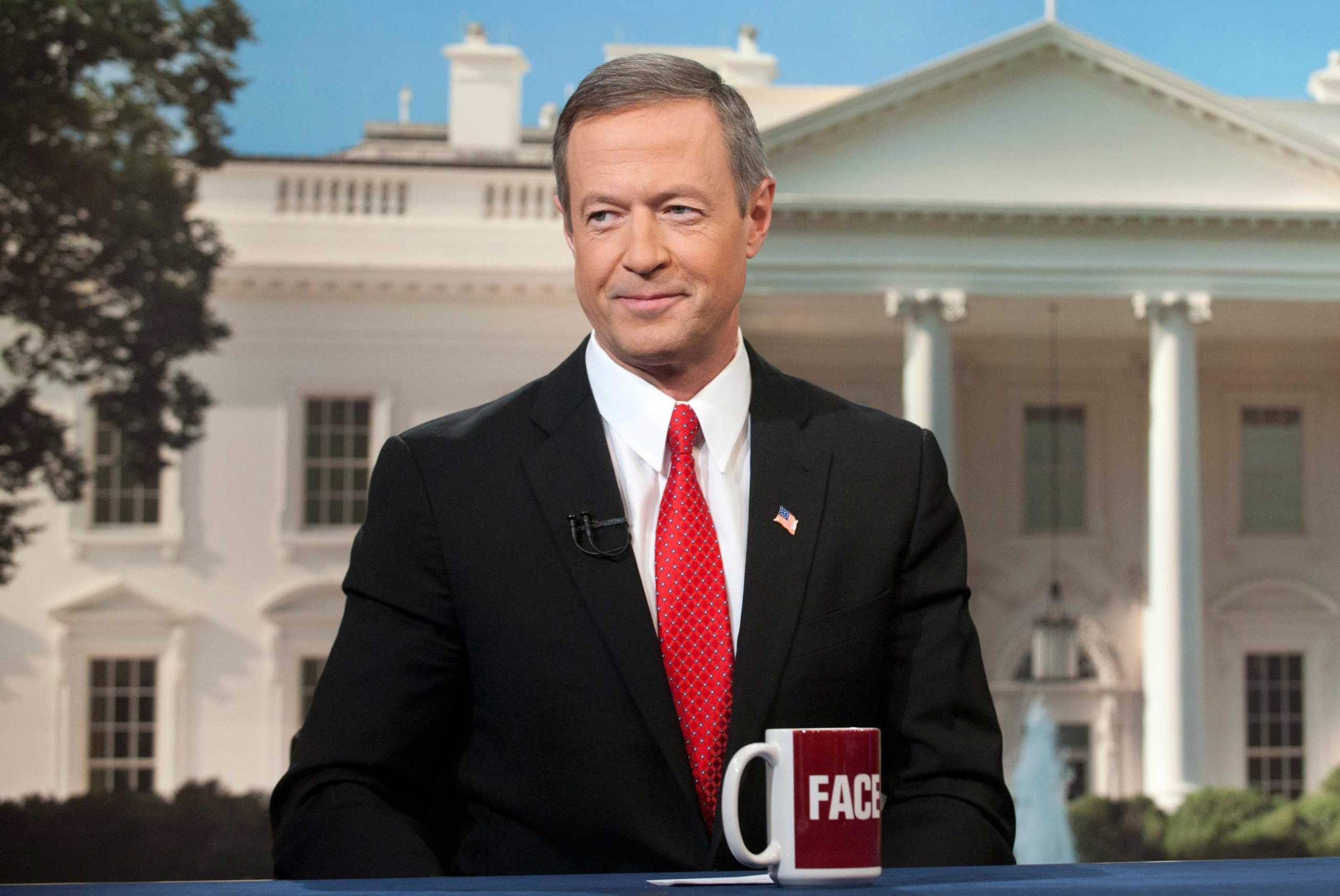
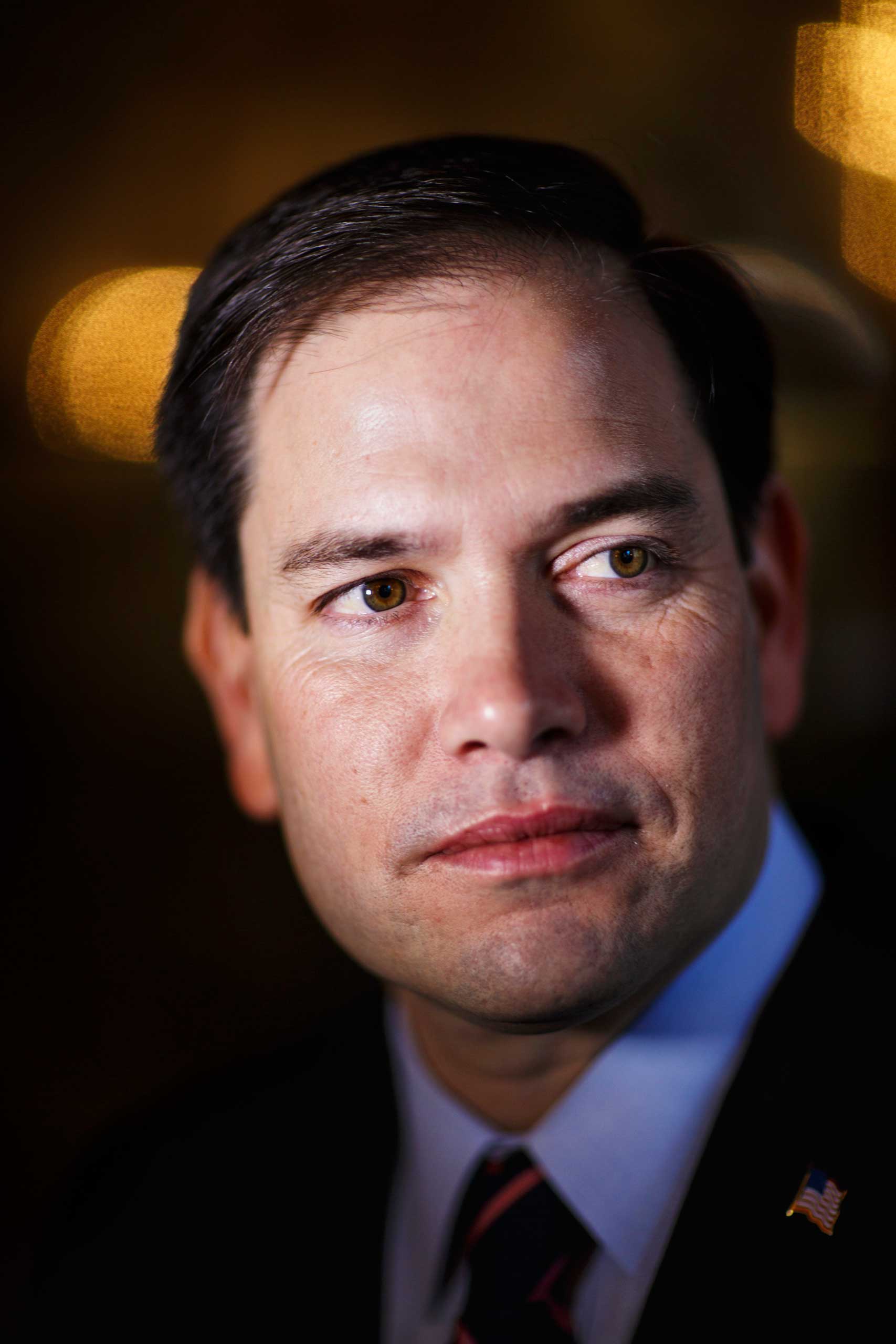
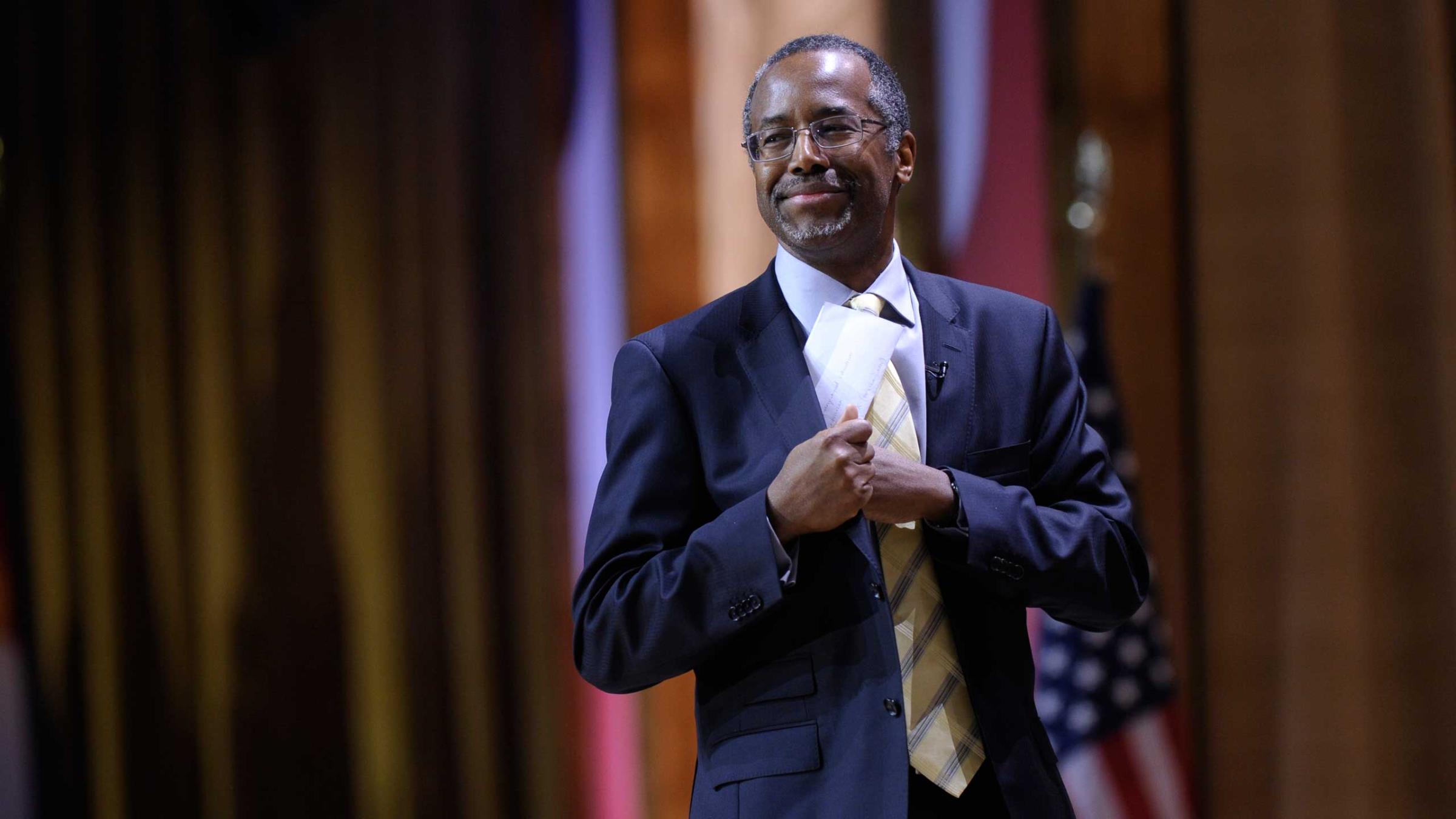
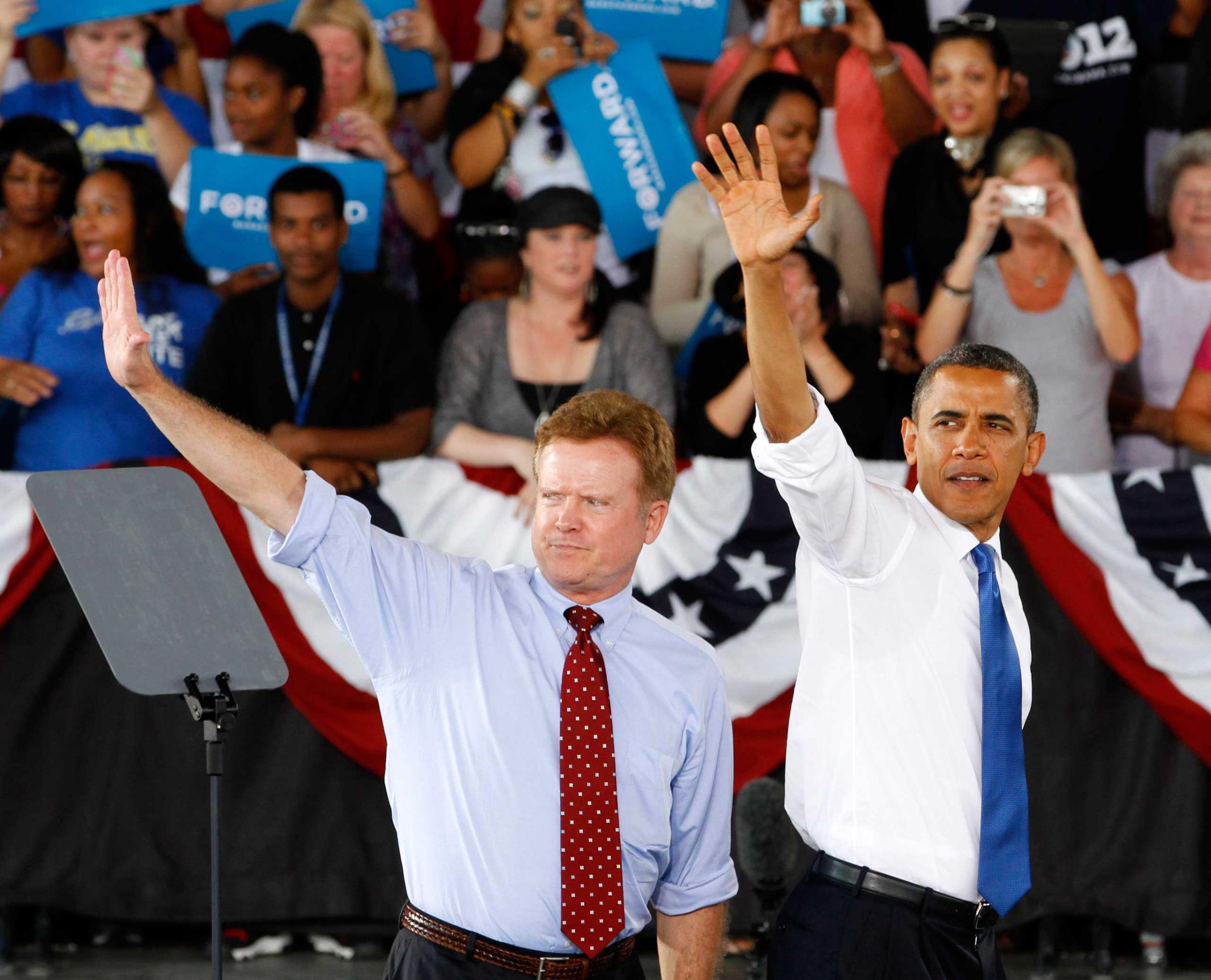
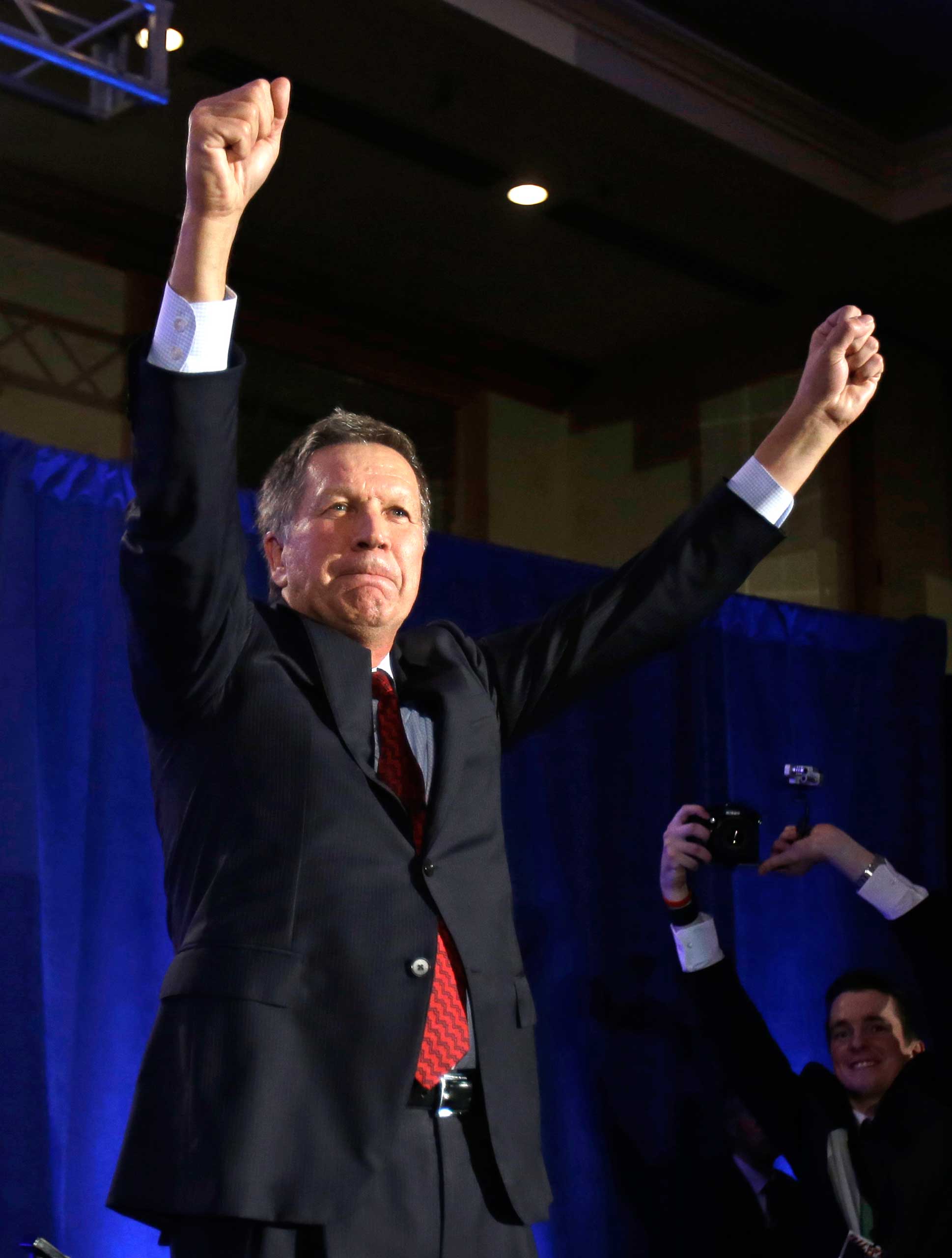
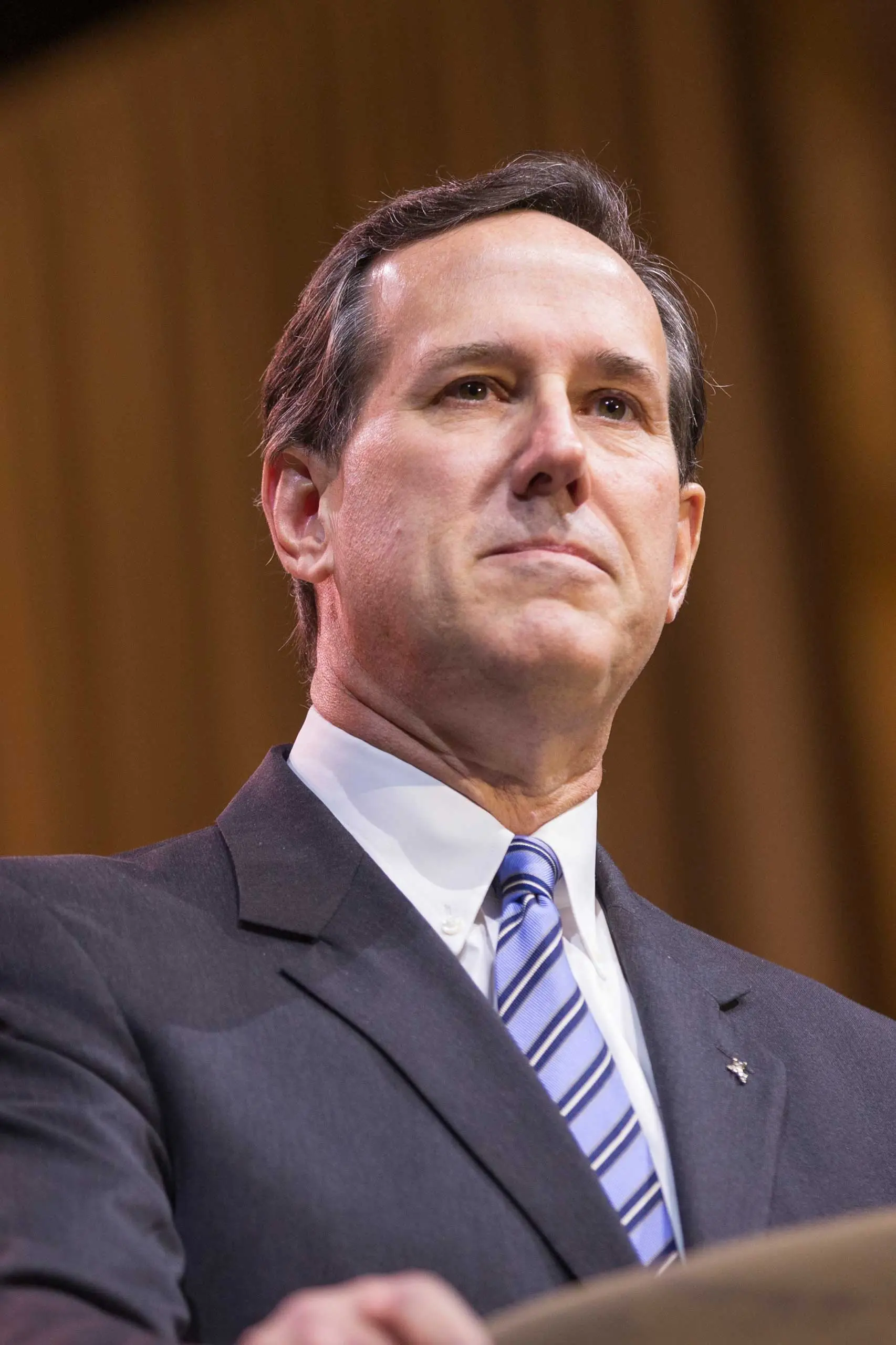
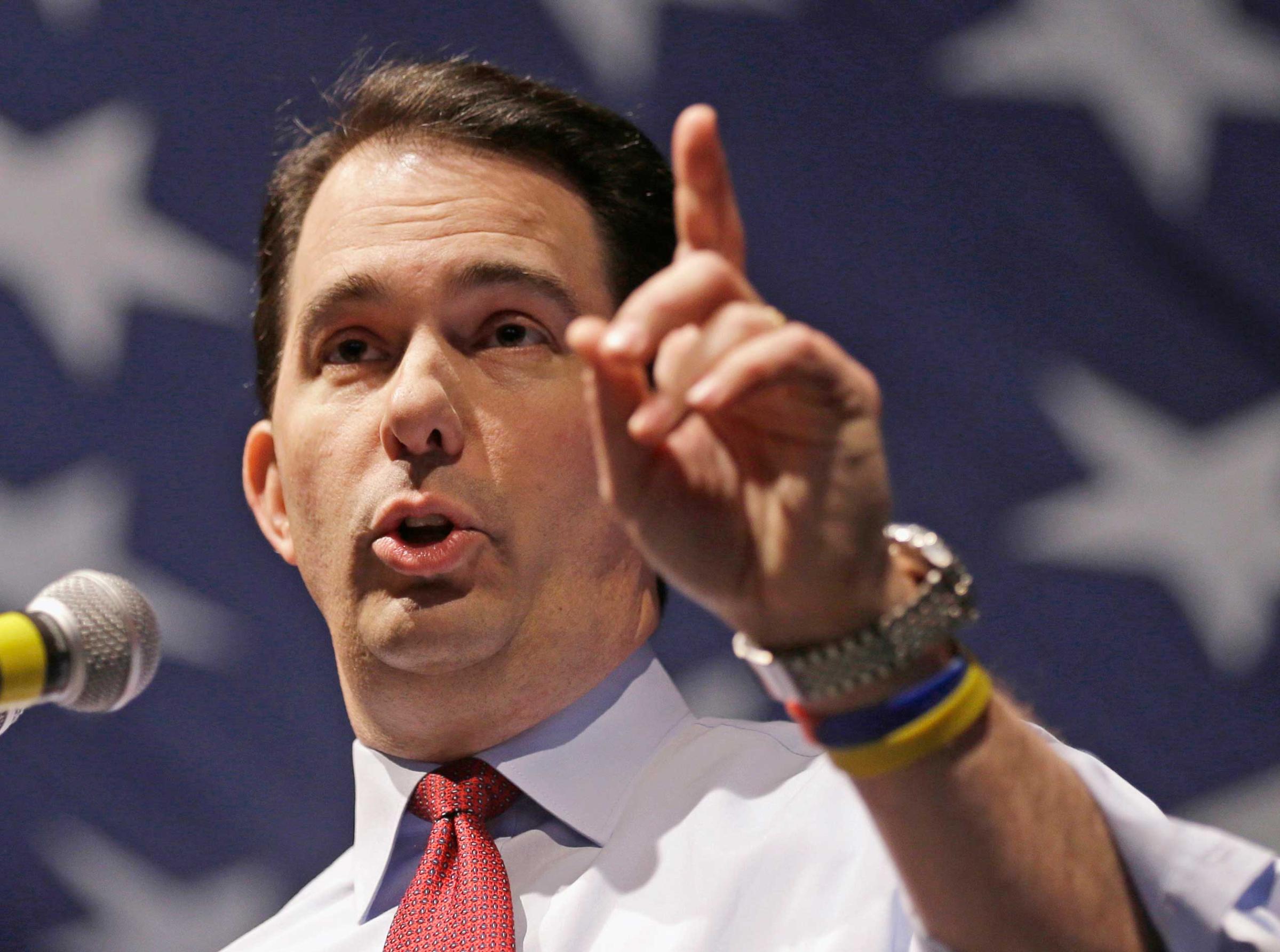

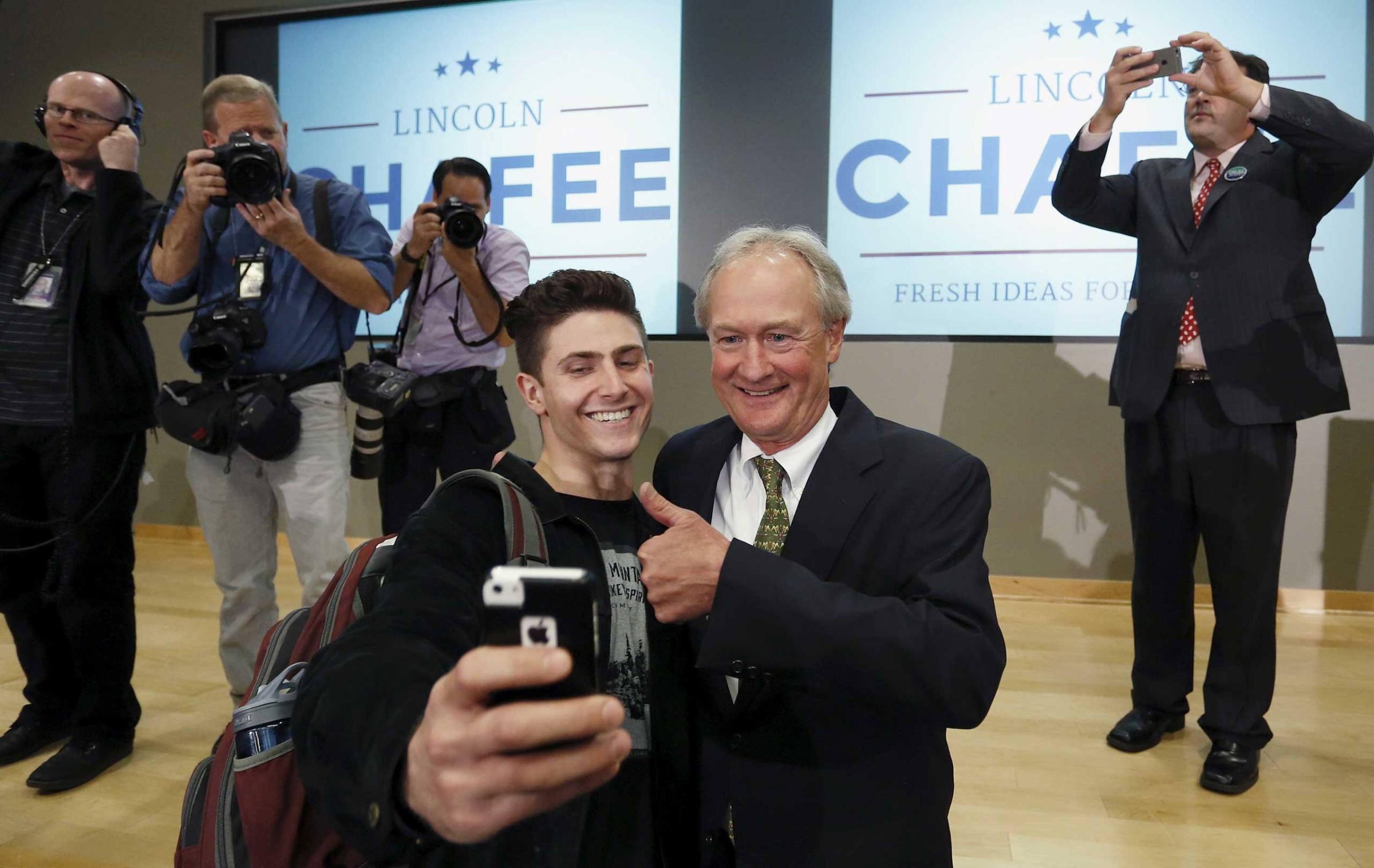
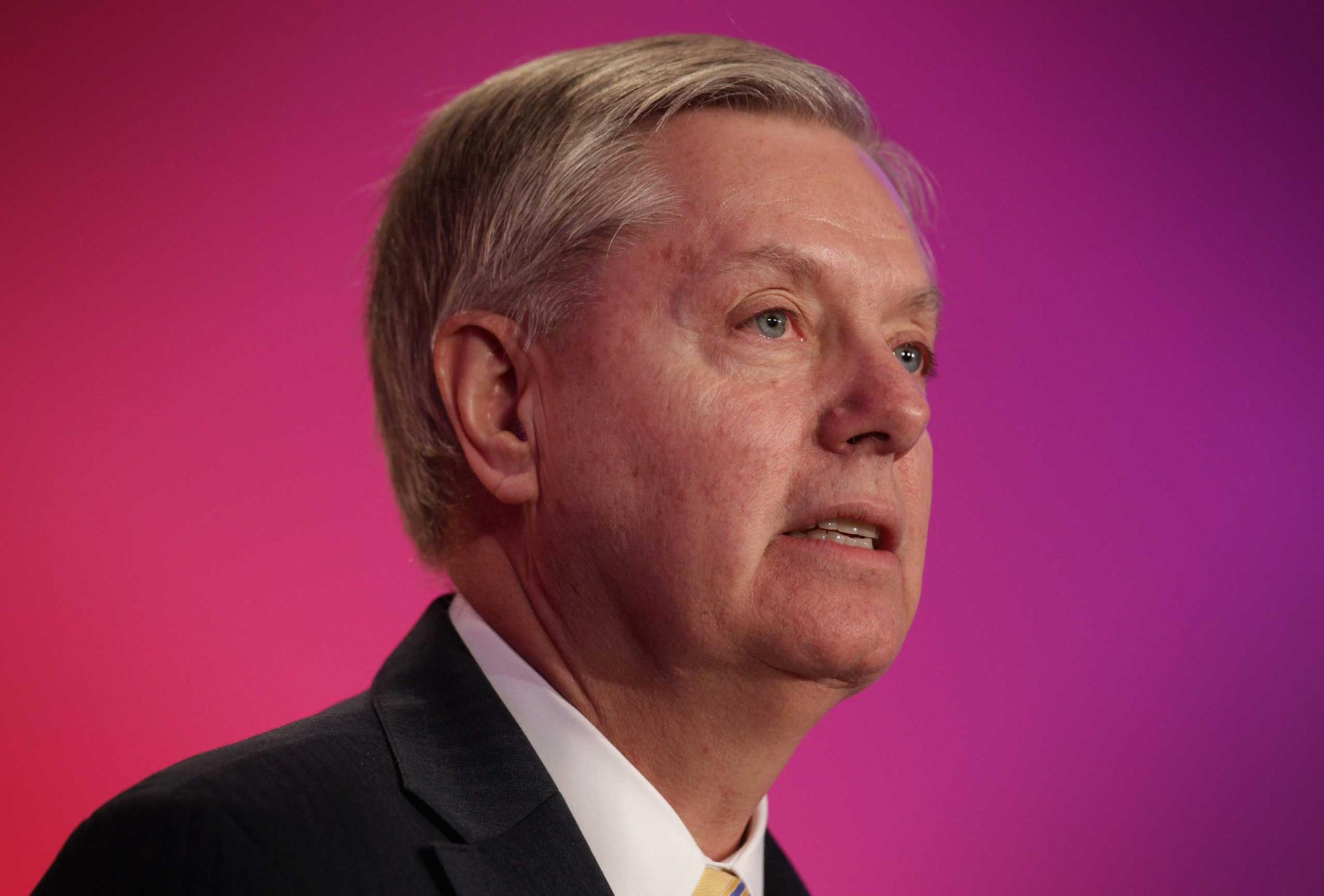
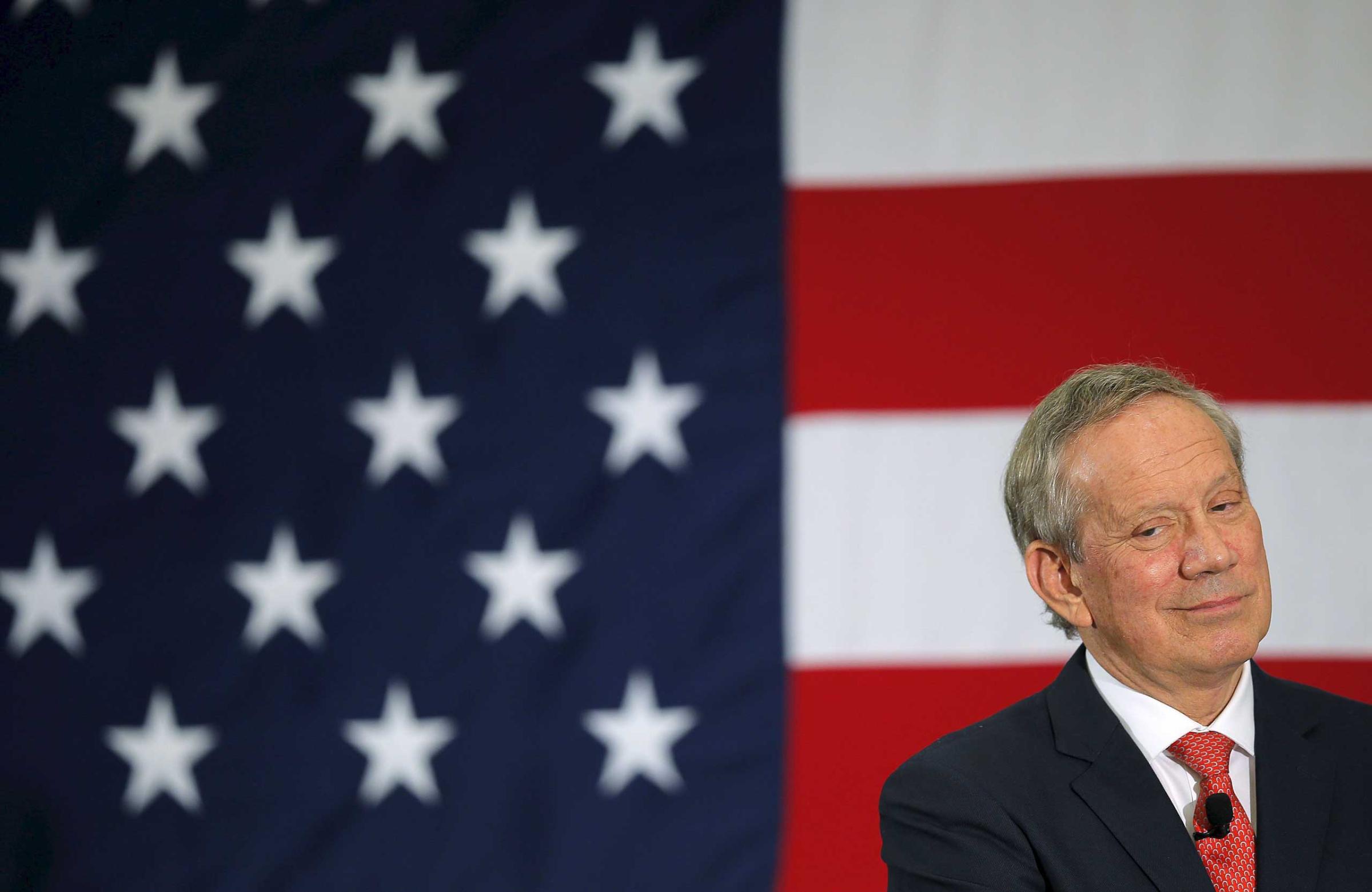
More Must-Reads from TIME
- Cybersecurity Experts Are Sounding the Alarm on DOGE
- Meet the 2025 Women of the Year
- The Harsh Truth About Disability Inclusion
- Why Do More Young Adults Have Cancer?
- Colman Domingo Leads With Radical Love
- How to Get Better at Doing Things Alone
- Michelle Zauner Stares Down the Darkness
Write to Philip Elliott / Little Rock, Ark. at philip.elliott@time.com